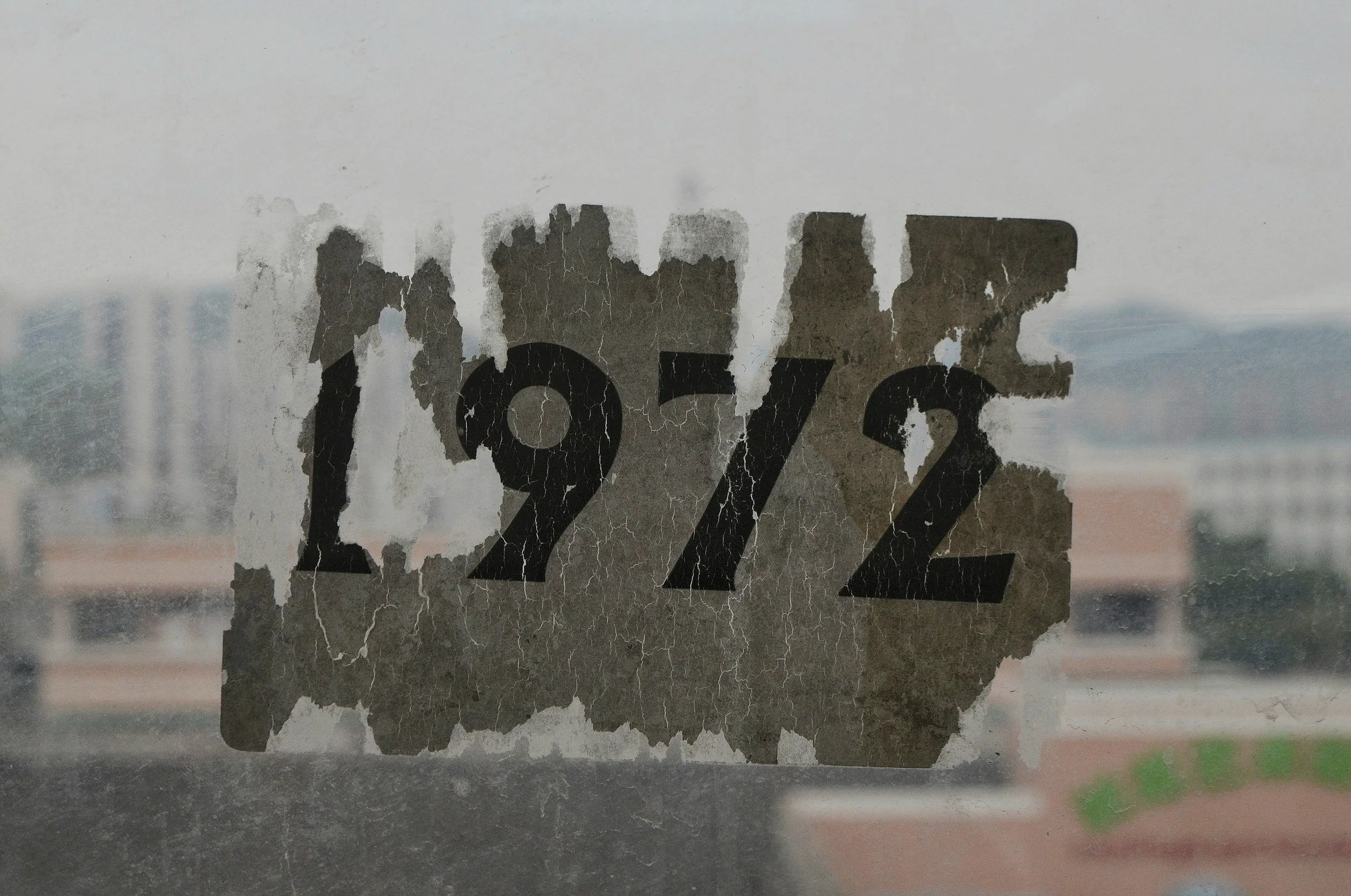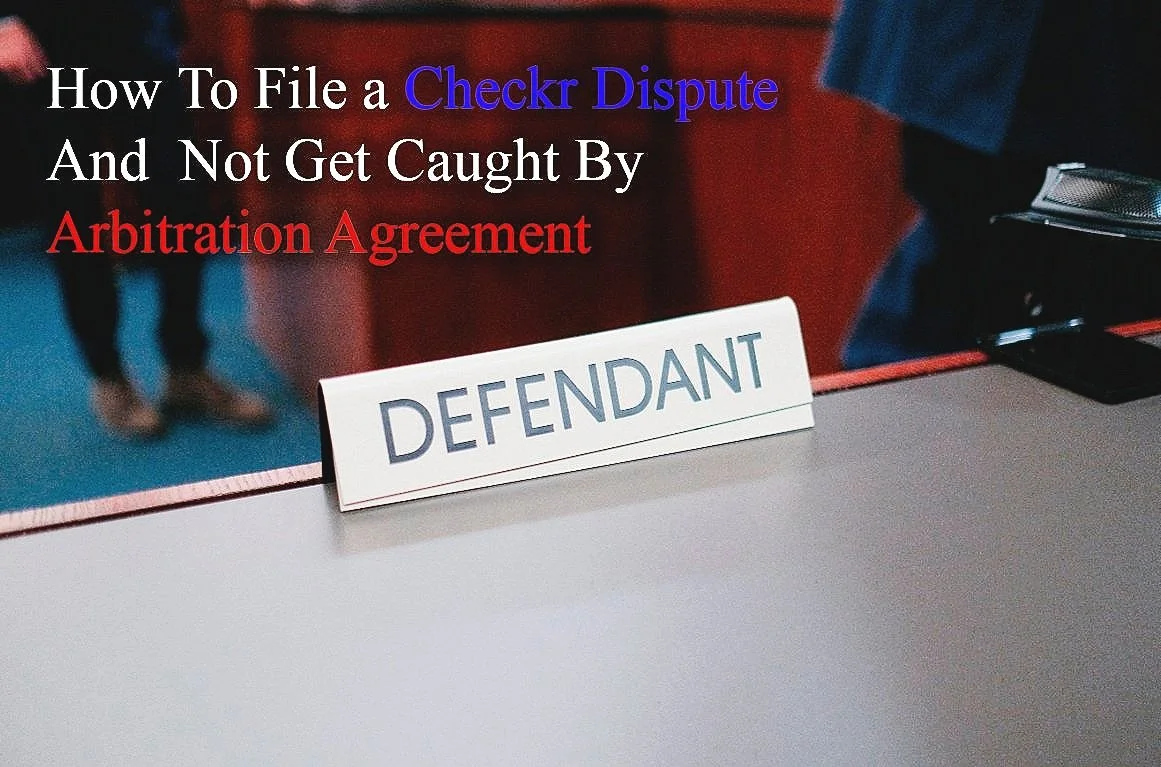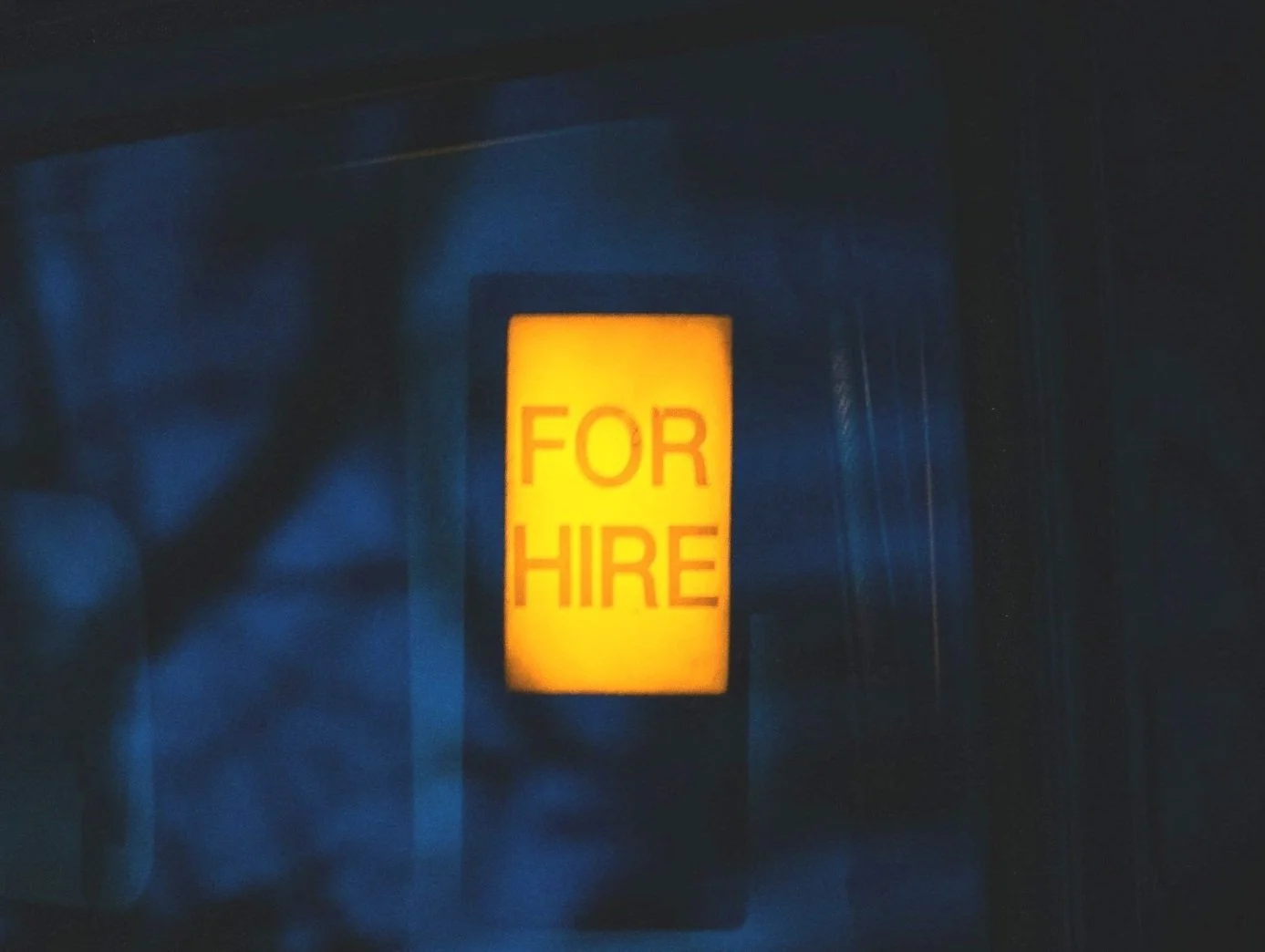How Far Back Does a Background Check Go?
When applying for a job, renting a home, or seeking other opportunities, background checks play a crucial role in decision-making. One of the most common questions consumers ask is: "How far back does a background check go?" The answer depends on various factors, including state laws, the type of background check conducted, and whether the record in question resulted in a conviction. Understanding the rules that govern background checks can help consumers protect their rights and dispute inaccurate information when necessary.
The Role of the Fair Credit Reporting Act (FCRA)
The Fair Credit Reporting Act (FCRA) is the federal law that regulates how background checks are conducted and what information consumer reporting agencies, like Checkr, can include in their reports. The FCRA places limits on how long certain types of information can be reported, ensuring that outdated or irrelevant records do not unfairly impact consumers.
Under the FCRA:
Non-conviction records (such as arrests, dismissed cases, or charges that did not lead to a conviction) can only be reported for seven years.
Convictions, however, can be reported indefinitely unless state laws impose limitations.
Civil lawsuits, civil judgments, and paid tax liens are limited to seven years.
Despite these legal protections, background check companies frequently make mistakes, reporting outdated or incorrect information that negatively impacts consumers. If you believe your background check contains errors, you have the right to dispute and correct them under the FCRA.
State-Specific Limitations on Background Checks
While the FCRA provides federal guidelines, many states impose stricter rules on how far back a background check can go. For example:
California, New York, and Texas limit reporting of criminal records to seven years, even for convictions.
Illinois restricts employers from considering convictions older than seven years, unless the salary for the position exceeds $75,000 per year.
Massachusetts prohibits the use of criminal records older than seven years in hiring decisions.
If you live in one of these states and an employer denies you a job based on an old conviction, you may have grounds to dispute the report and seek legal action for violations of your rights.
Do Expunged or Sealed Records Appear on Background Checks?
Expungement and record sealing are legal processes that allow individuals to remove certain offenses from their records. While these records should no longer appear on background checks, errors still occur.
Under the FCRA, background check companies should not report sealed or expunged records. However, many consumers find that these records continue to show up on their reports due to Checkr’s reliance on outdated data sources. If your sealed or expunged record appears on your report, you have the right to dispute it and potentially sue for damages.
How Far Back Do Employment Background Checks Go?
For most private-sector jobs, background checks typically cover seven to ten years, depending on state law and the employer’s requirements. However, some industries impose stricter standards:
Government Jobs & Federal Positions: Federal agencies often conduct extensive background checks that go back indefinitely, especially for security clearance roles.
Financial Industry: Jobs in banking and finance may require background checks covering the past ten years or more, especially for positions involving fiduciary responsibilities.
Healthcare Industry: Employers in healthcare often conduct background checks that look at an applicant’s entire criminal history.
Transportation & Trucking: The Department of Transportation (DOT) requires a ten-year background check for commercial drivers.
If you’re applying for a job and are unsure how far back your potential employer will look, it’s important to review both FCRA regulations and state laws to understand your rights.
Does Checkr Report Pending Charges?
Yes, Checkr and other background check companies are allowed to report pending charges, even if they have not resulted in a conviction. Pending cases are particularly problematic because they create uncertainty for employers, making them hesitant to hire someone whose legal status is unclear.
While reporting pending charges is legal under the FCRA, the report must be accurate. If Checkr lists an old case as "pending" when it has been dismissed or resolved, this constitutes an FCRA violation. If your background check incorrectly reports a resolved case as pending, you should dispute it immediately.
The Impact of Old Criminal Records on Employment
Even when legally allowed, the presence of a criminal record - especially one that is decades old - can severely impact employment prospects. Employers often reject candidates based on background checks without considering the context of past offenses or any rehabilitation the individual has undergone.
If you are denied a job because of an outdated or inaccurate background check, you may have legal options, including filing a lawsuit against the background screening compant for violating your FCRA rights.
What Can You Do If Your Background Check Contains Errors?
If you find incorrect, outdated, or misleading information on your background check, follow these steps:
Request a Copy of Your Background Report – You have the right to request a free copy of your report from Checkr or any other background check provider.
Identify Errors – Look for inaccurate charges, outdated case statuses, or records that should have been removed.
File a Dispute – Under the FCRA, the background screening agency must investigate disputes within 30 days and correct any inaccuracies.
Seek Legal Action – If the background check company fails to correct your report, you may have grounds to sue for damages, including lost wages and emotional distress.
Final Thoughts: Know Your Rights
The length of time a background check covers depends on federal and state laws, as well as the type of record being reported. While non-convictions are typically limited to seven years, convictions can appear indefinitely unless restricted by state law. Expunged or sealed records should not appear at all - but mistakes happen frequently, especially with Checkr’s automated data collection methods.
If you believe your background check is incorrect or unfairly includes old information, you have rights under the FCRA. Don’t let a background check stand in the way of your future - know your rights, dispute inaccuracies, and seek legal assistance if necessary.
If you’ve been affected by an inaccurate background check, contact us today to explore your legal options.

























DoorDash, Uber Eats, Instacart, Amazon, Grubhub… The delivery workers are being deactivated from their accounts due to the mistakes on their criminal reports produced by Checkr Inc.